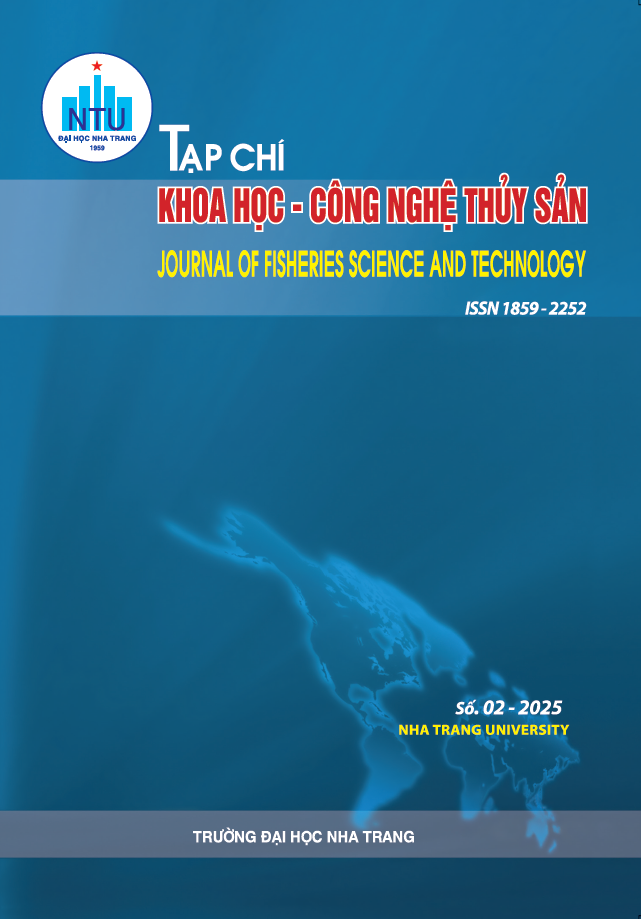##plugins.themes.huaf_theme.article.main##
Abstract
Thermal losses are a key factor influencing the quality and commercial value of refrigerated products on fishing boats. This research focuses on evaluating the thermal insulation performance of a fish hold in a composite fishing boat by studying a scaled-down model (1:2) that replicates the original sandwich wall structure (composite–PU foam–composite). The study integrates theoretical heat transfer analysis and experimental testing on the model. Findings demonstrate that heat loss and ice melting rates increase linearly (theoretically) and quasi-linearly (experimentally) over the voyage period. Over a 30-day journey, ice loss exceeded one-third of the initial volume. To optimize resource efficiency, the study suggests limiting the voyage duration to approximately three weeks.
Key words: composite, fishing boat, heat loss, cold storage, fish tank model.

